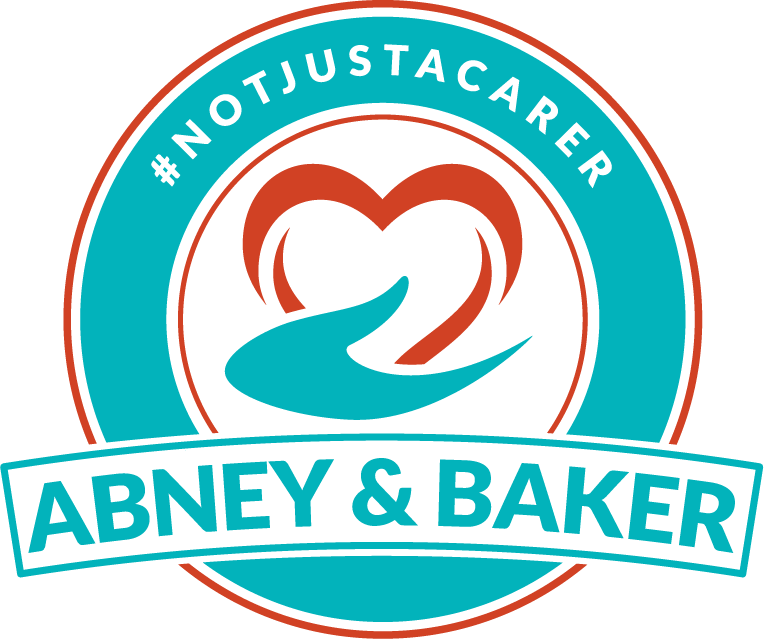More than a million people are affected by Parkinson’s in the UK. Living with it or knowing someone who is can feel overwhelming if you don't have the right information and support.
Here we get answers to some of the most common questions about Parkinson’s and share with you some useful practical resources to help you feel more in control and supported.
Download your Guide to Care at Home to discover how, with a little support, you can continue to live happily and safely at home with Parkinson’s.
Your questions answered
Parkinson’s UK, the main Parkinson's support and research charity in the UK, are a great trusted source of information. Here they provide answers to some commonly asked questions below:
What is Parkinson’s?
‘Parkinson's is a progressive neurological condition. This means that it causes problems in the brain and gets worse over time. The number of people diagnosed with Parkinson's in the UK is about 145,000. But we know that more than 1 million people in the UK are affected, either by living with Parkinson’s, or as a friend, colleague, or family member of someone who is.
People with Parkinson's don't have enough of the chemical dopamine because some of the nerve cells that make it have died. There are lots of different treatments, therapies and support available to help manage the condition. Parkinson’s UK’s researchers are working hard to develop new and better treatments - and one day a cure.’
Are there different types of Parkinson’s?
‘Parkinsonism is a term that covers several conditions, including Parkinson’s and other conditions with similar symptoms such as slow movement, rigidity (stiffness) and problems with walking.’
Download Parkinson’s UK guide to Types of Parkinsonism for details on all the different types including Idiopathic Parkinson’s and Vascular parkinsonism.
What causes Parkinson’s?
‘People with Parkinson's don't have enough of the chemical dopamine because some of the nerve cells that make it have died. We don't yet know exactly why people get Parkinson's, but researchers think it's a combination of genetic and environmental factors that cause the dopamine-producing nerve cells to die.’
Do I have Parkinson’s?
‘Tremor (shaking) is one of the main symptoms of Parkinson's, alongside slowness of movement and rigidity (stiffness). Not everyone will experience all of these symptoms.
Everyone's Parkinson's is different. If you're worried you may have Parkinson's, it's crucial that you speak to a ealth professional.’
How does Parkinson’s progress?
‘How Parkinson's affects someone can change from day to day, and even from hour to hour – symptoms that may be noticeable one day may not be a problem the next. Many of the symptoms can be treated or managed with medication and therapies.
Many people with Parkinson's lead active and fulfilling lives. An important part of coping with Parkinson's is understanding how it affects you and how to work around it.
It may not always be easy to maintain a positive outlook, especially immediately after diagnosis, but it is important to seek help and support.’
Top 5 support resources
Here we’ve pulled together some of the main resources out there to help you feel more in control and supported.
1. Helplines:
Parkinson’s UK Helpline - 0808 800 0303 - a free and confidential service providing support to anyone affected by Parkinson’s. hello@parkinsons.org.uk - emails answered within 5 working days. 18001 0808 800 0303 - text relay - textphone number for textphone users only.
2. Local groups:
There are around 365 Parkinson's UK local groups throughout the UK. These are run by volunteers who usually have experience of Parkinson's and are supported by Parkinson's UK staff.
There are specific local groups for Wiltshire and Bath.
3. Apps and technology:
There are a number of really useful apps and devices that can help with the day to day management of Parkinson’s including sleep, speech, communication and mental health support. Check out this useful library - everything in the library has been reviewed by people with the condition so they only include apps and devices that are genuinely useful.
4. Online forums:
Parkinson’s UK online forum is a space for you to chat to people who know what you’re going through. If you’ve been recently diagnosed, are a carer or family member or you have been living with the condition for a while, this is a place for you to chat and share a virtual cup of tea!
5. Online magazines:
Read tips & stories from other people with Parkinson’s in this regularly updated online
magazine.
Remember if you’re caring for a partner, friend or family member with Parkinson's you’re not in this alone – there is plenty of support out there for you too.
Helping you to continue living independently and confidently in your own home.
By providing a range of support at home, we’re helping many clients across Bath & North East Somerset and West Wiltshire retain their independence and stay in control in the comfort of their own homes.
Remember we’re always here if you want to chat about your care options. Just get in touch:
Call 0333 043 4880 or email enquiries@abneyandbaker.com

